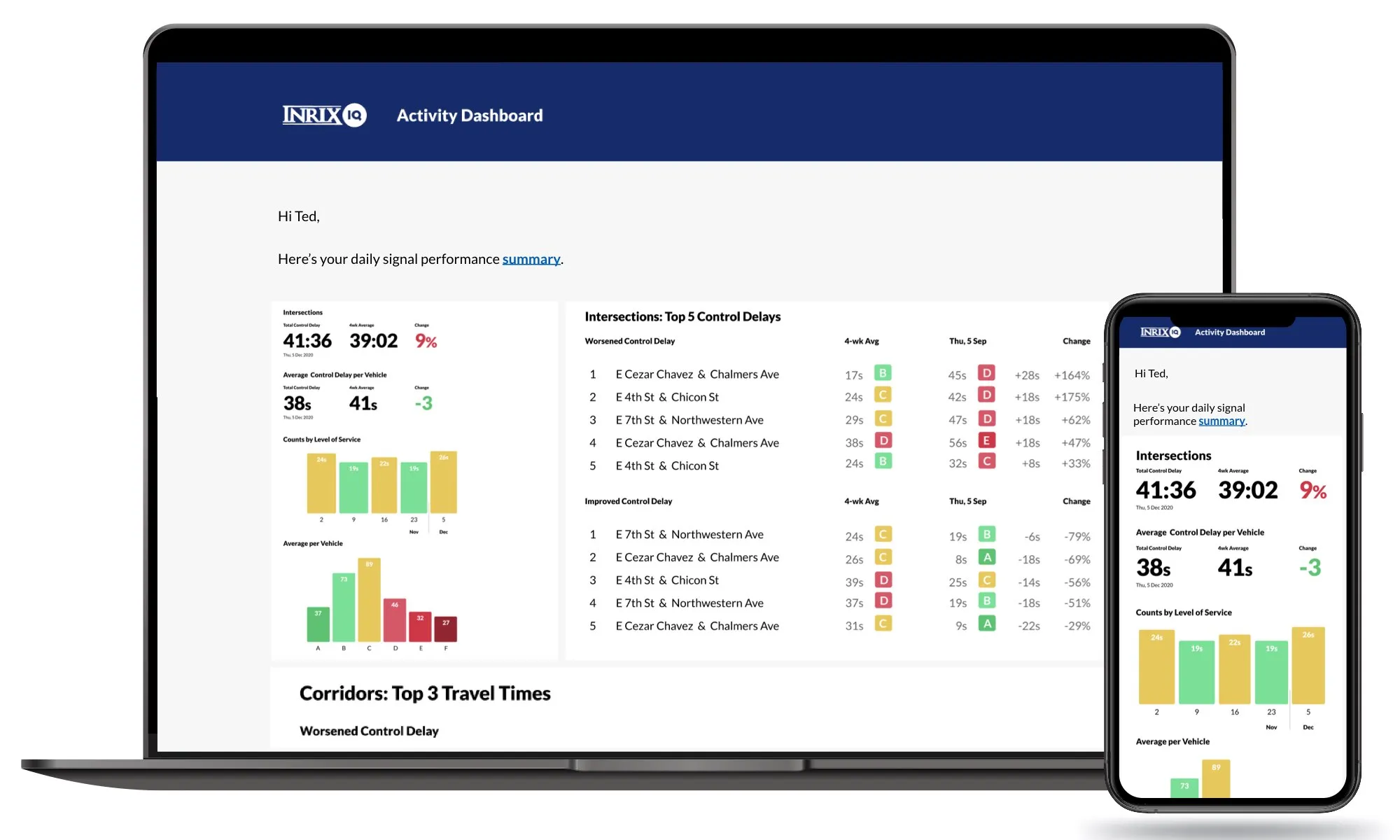Sunrise Software has won a contract to supply the parcel delivery group DPD with its IT Service Management (ITSM) SaaS solution to help keep things on track and on time. The package will provide “an easy to use, adaptable and intuitive interface to log and manage incidents for employee and contractual customer support,” says Sunrise. This “includes a self-service portal for end-users.”
The new system will be used to support DPD’s 10,000-strong UK staff, its 22,000 business customers and millions of parcel recipients tracking their deliveries. Sunrise “was selected by DPD to replace BMC RemedyForce following a competitive analysis.” says the software developer.
DPD wanted a system that could “log incidents against departments and third-party contracts and populate the knowledge base for IT support and end-user self-service.” The parcels giant also wanted to be able to “track KPIs (key performance indicators) and performance metrics against contractual SLAs (service level agreements) for continual improvement.”
These management functions are baked in to the Sunrise ITSM platform allowing DPD undertake this kind of analysis “as and when required without incurring additional expenditure.”
According to Sunrise, “a key differentiator” in its bid for the contract “was the inclusion of the SDI accredited reporting suite, a streamlined way to provide the evidence required to meet SDI standards. As a part of its ongoing service improvement drive, it was important to DPD that the selected solution had out-of-the-box best practice reports to benchmark against from its inception and use to measure performance, quality and productivity as well as to help calculate the cost to serve”.
Alison Stephens, IT service desk manager at DPD, says “previously, we were reliant on interactions such as email for calling logging, which were time-consuming and not best for the customer. Moving to offer a self-service portal means that our diverse and often mobile users can easily check for a resolution themselves, but still log a call if they need to.”
For Simon Barber, head of IT service delivery at DPD, the parcel company opted for Sunrise because its system “ensures accountability and traceability for continuous improvement. Ultimately, we are driving towards proactive incident prevention over reactive support for our internal and external business customers and Sunrise’s integrated approach supports our best practice ethos, reflected in our improving customer satisfaction ratings.”
Sunrise, which is based in Chessington in the UK, works with more than “a thousand clients – across all sectors and industries.” According to the company, “we aid organisations in the management of efficient business processes to help them achieve their end goals. Sunrise’s customers use our ITSM software to manage workflows, track and record workplace tasks, events and activities to deliver greater productivity across the organisation.”
Parcels giant DPD UK takes on new Sunrise IT Service Management (ITSM) SaaS to keep things on track and on time
Sunrise Software has won a contract to supply the parcel delivery group DPD with its IT Service Management (ITSM) SaaS solution to help keep things on track and on time. The package will provide “an easy to use, adaptable and intuitive interface to log and manage incidents for employee and contractual customer support,” says Sunrise. This “includes a self-service portal for end-users.” The new system will be used to support DPD’s 10,000-strong UK staff, its 22,000 business customers and millions of parcel
January 18, 2018
Read time: 3 mins










